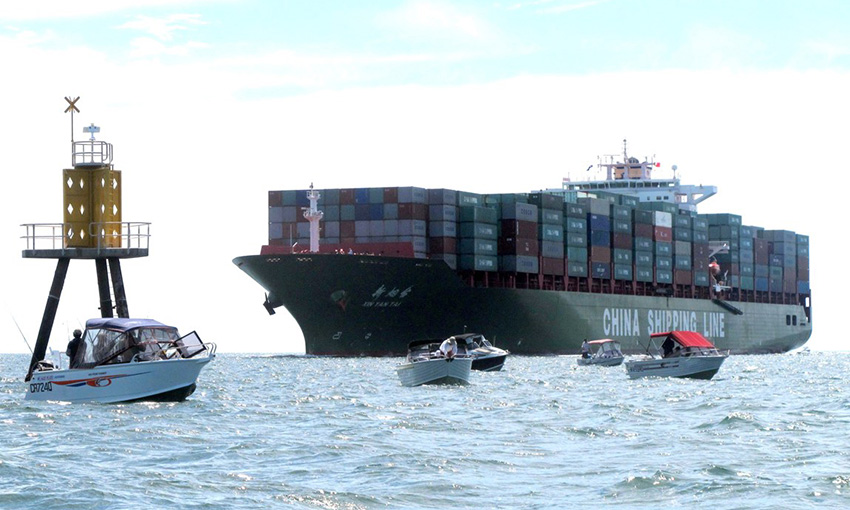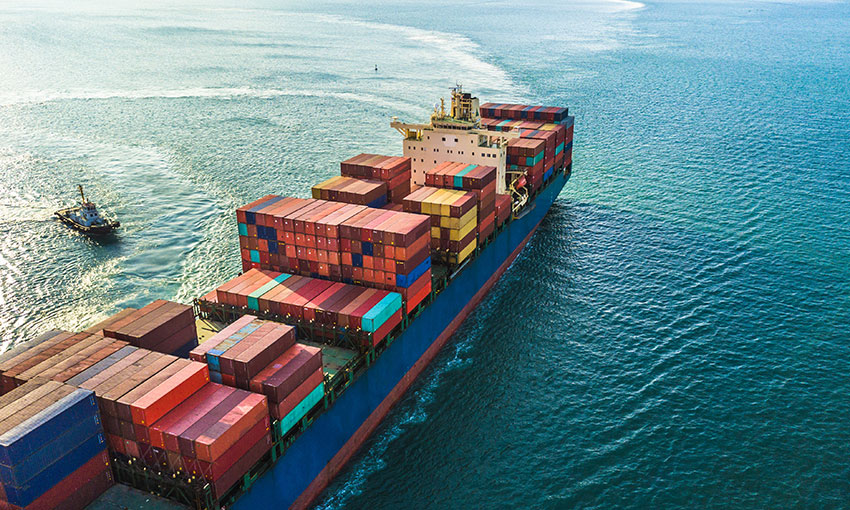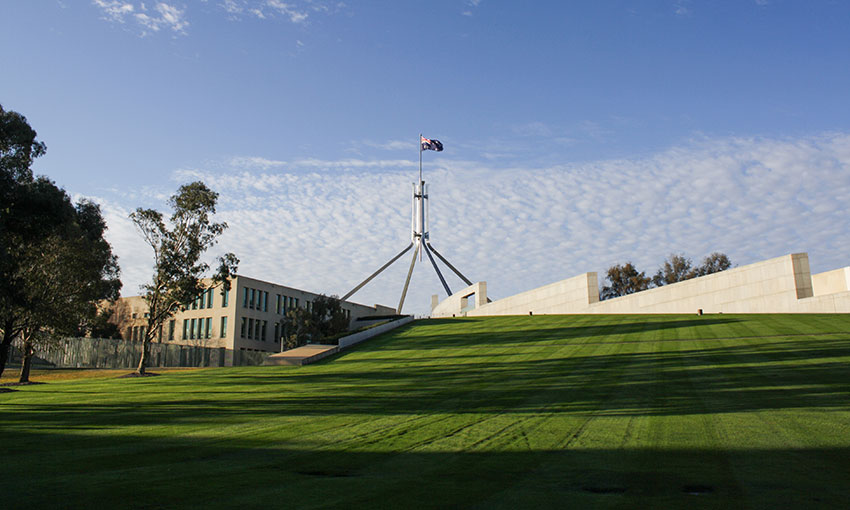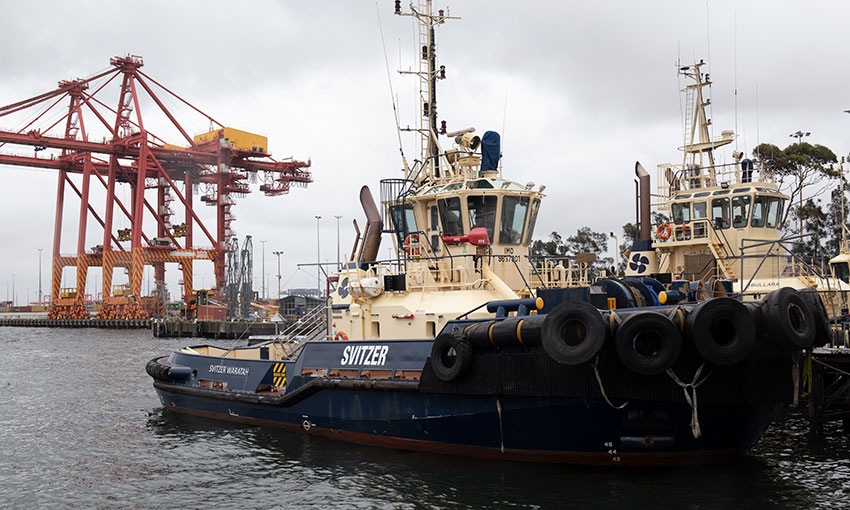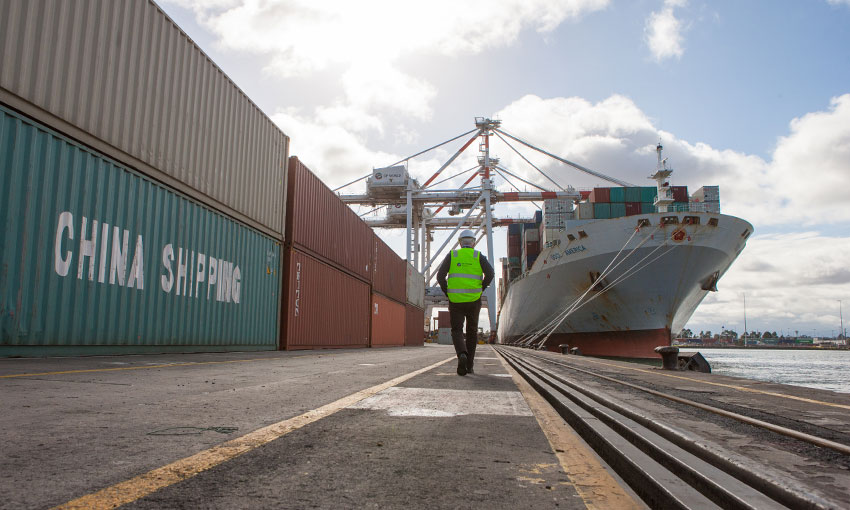IN a submission to the Productivity Commission’s inquiry into Australia’s maritime logistics system, Freight and Trade Alliance and the Australian Peak Shippers Association questioned if shipping line vessel-sharing arrangements should continue to be exempt from competition laws in Australia.
The organisations cited examples of international shipping lines introducing surcharges and freight rate increases. FTA/APSA said “If not collusion, it is clearly a case of follow the leader, facilitated by a market without genuine competitive tension”.
“We are not advocating for the federal government to interfere with price setting, as we need foreign-owned shipping lines to continue to be incentivised to service Australian trade in a free and open market,” FTA director and APSA secretariat Paul Zalai said.
“We do, however, question whether shipping line vessel sharing arrangements should continue to be protected and exempt from competition laws faced by others in Australian commerce.”
In a statement, FTA/APSA said, should exemptions continue for foreign owned shipping lines, the Australian Competition and Consumer Commission, or a new federal maritime regulator, should oversee proceedings to safeguard the commercial viability of Australian traders.
The submission to the Productivity Commission claims shipping lines are not only squeezing importers, exporters and freight forwarders, but they are also benefitting from significantly reduced quayside charges administered by their contracted stevedore providers.
“With less quayside revenue, stevedores and empty container parks have resorted to a ransom model, forcing transport operators to pay designated fees or be denied access to container collection/dispatch facilities,” Mr Zalai said.
“It is not sustainable for our exporters and importers to absorb this additional impost of hundreds of millions of dollars annually whereby they cannot influence service or price.”
The FTA/APSA submission also calls for minimum service levels and notification periods, infrastructure investment, regulation of container detention practices, waterfront industrial relations reform, implementation of Biosecurity reform priorities and an extension of short-term aviation funding.
“A well-regulated economy will help Australia to prosper. Australia has world-class manufacturers and producers who are supported by skilled customs brokers and freight forwarders ready to take advantage of the opportunities created by free trade agreements and those economies recovering from COVID-19 – these opportunities will not be fully realised while physical access to market and costs of trade are prohibitive” Zalai says.
Part X of the Competition and Consumer Act 2010 sets up a system through which international shipping lines can be given partial and conditional exemptions from Australian laws banning cartel conduct. Part X allows shipping lines to collaborate on prices, capacity and schedules, among other things.
The ACCC, in its most recent Container Stevedoring Monitoring Report, said parts of Part X should be repealed. The commission said there is a growing risk that shipping lines could use Part X to artificially elevate freight rates in the future, but there does not appear to be evidence of shipping lines charging excessive freight rates before the pandemic.
APSA is the designated body under Part X to represent the interests of Australian shippers in relation to liner cargo shipping services.
This article’s headline has been updated to reflect that the FTA does not think vessel-sharing agreements should be exempt from competition laws.

